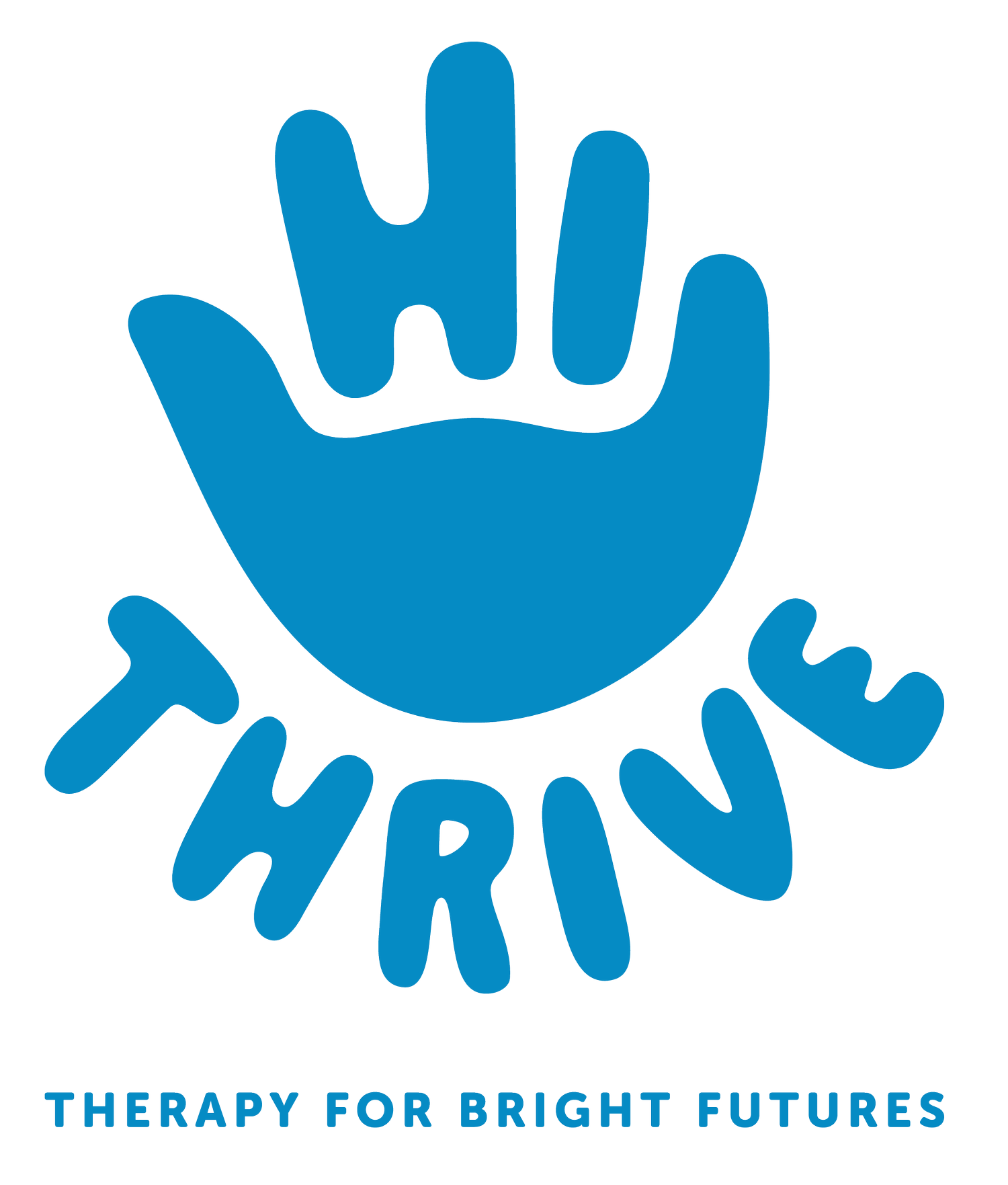Functional Capacity Assessments (FCA): What Parents Need to Know
If you're navigating the world of the NDIS and wondering what a Functional Capacity Assessment (FCA) actually is — and whether your child really needs one — you're not alone. At Hi Thrive, we support families like yours every day, and we know how confusing and frustrating this part can feel.
So here’s a clear, parent-friendly breakdown to help you feel more confident and informed.
What is a Functional Capacity Assessment?
A Functional Capacity Assessment is a comprehensive report that looks at how your child is managing daily tasks — things like getting dressed, playing, concentrating at school, or using the toilet. It captures how your child’s disability affects their participation in everyday life and outlines what supports might help.
Think of it as a detailed map of your child’s strengths, challenges, and support needs. It’s a key piece of evidence for many families navigating the NDIS.
Why would my child need one?
An FCA might be recommended if:
You're applying for the NDIS and need to show evidence of substantially reduced functional capacity
You're midway through an NDIS plan and want to request additional funding
You’re unsure which therapies will be most helpful for your child and need a clearer picture of where to start
The FCA helps ensure that any funding allocated truly reflects what your child needs to thrive — at home, school, and in the community.
But Why Are FCAs So Expensive?
You're not the first parent to say, “That’s so many therapy sessions I’m sacrificing just to prove my child needs therapy.” And you’re not wrong. Functional Capacity Assessments are a significant investment — typically $1,900–$3,000 — and yes, they’re often funded from the very pot you were hoping to use for therapy.
It can feel incredibly frustrating.
Here’s the reality:
The NDIS often requires detailed evidence — not a short letter, but a comprehensive, 10–15 hour report — to justify supports. Occupational Therapists are asked to demonstrate exactly how your child’s disability impacts their daily life, and what interventions will help them thrive.
And yes, we know.
That’s a lot of time, money, and energy… especially in a system where there’s no guarantee that funding will be approved, even after all that effort.
Is It Worth It?
In many cases, yes — a strong FCA can strengthen your child’s NDIS application or review request. It paints a clearer picture of what’s going on and helps justify the supports your child needs.
But we’re not going to sugar-coat it:
It’s not a magic ticket. Sometimes, despite all the evidence, the funding still doesn’t reflect the need. The process can feel random and disheartening. And it’s not uncommon for therapists and families to feel that the reports are barely read.
This is one of the more painful paradoxes of the system:
To get the help, you have to prove you need the help — and proving it takes up the very support you were trying to access.
What You're Really Paying For
The cost of an FCA covers a lot more than just a session or two. Here’s what’s involved:
3-5 hours of face-to-face time with a qualified therapist
5–10+ hours of report writing, especially if the report is being used to request extra funding
Review of school reports, medical documents, and therapy notes
Interviews with you (and sometimes educators or support workers)
Evidence-based recommendations written to NDIS standards
It’s not just a box-ticking exercise — it’s a detailed document that can make or break your child’s access to needed supports.
What does the FCA look at?
The therapist (usually an Occupational Therapist) will assess:
Self-care (e.g. toileting, feeding, dressing)
Play and social interaction
Cognitive skills (attention, problem-solving, following routines)
Mobility and physical abilities
Sensory and emotional regulation
Daily participation across home, school and community
Your child doesn’t need to “perform” anything. The process is gentle and collaborative — and your insights as a parent or carer are central to the assessment.
What happens after the assessment?
The therapist will write a comprehensive report, which includes:
Background and relevant history
Observations and assessment findings
A summary of your child’s strengths and challenges
Clear recommendations that align with your child’s goals
Justification of what supports are “reasonable and necessary” under NDIS criteria
This report can then be used for a plan review, to request assistive tech or support workers, or to help guide your child’s therapy journey.
How long does it take?
From start to finish, an FCA generally takes 10–15 hours, broken down into:
Assessment sessions (1–2 visits, approx. 2–3 hours total)
Report writing time (5–10+ hours depending on complexity)
Your therapist will give you a clearer picture of time and cost once they understand your child’s needs and the purpose of the report.
Can it be done online?
Yes. If face-to-face isn’t possible or accessible, a large portion (or sometimes all) of the FCA can be completed via telehealth. This means you don’t need to wait months for an appointment — and your child can start accessing the supports they need sooner.
Do I need an FCA to apply for the NDIS?
Not necessarily. An FCA is not required to apply for the NDIS — but it can make a big difference, especially if your child’s disability isn’t immediately visible or easily quantified. It can help demonstrate how your child’s daily functioning is impacted, and make a stronger case for the support they need.
Need help organising an FCA?
Hi Thrive is a mobile paediatric therapy service. We only work with kids, and we specialise in supporting neurodivergent families. Our therapists are kind, clear, and deeply committed to helping children thrive — whether that means providing therapy, writing reports, or helping you make sense of the NDIS maze.
